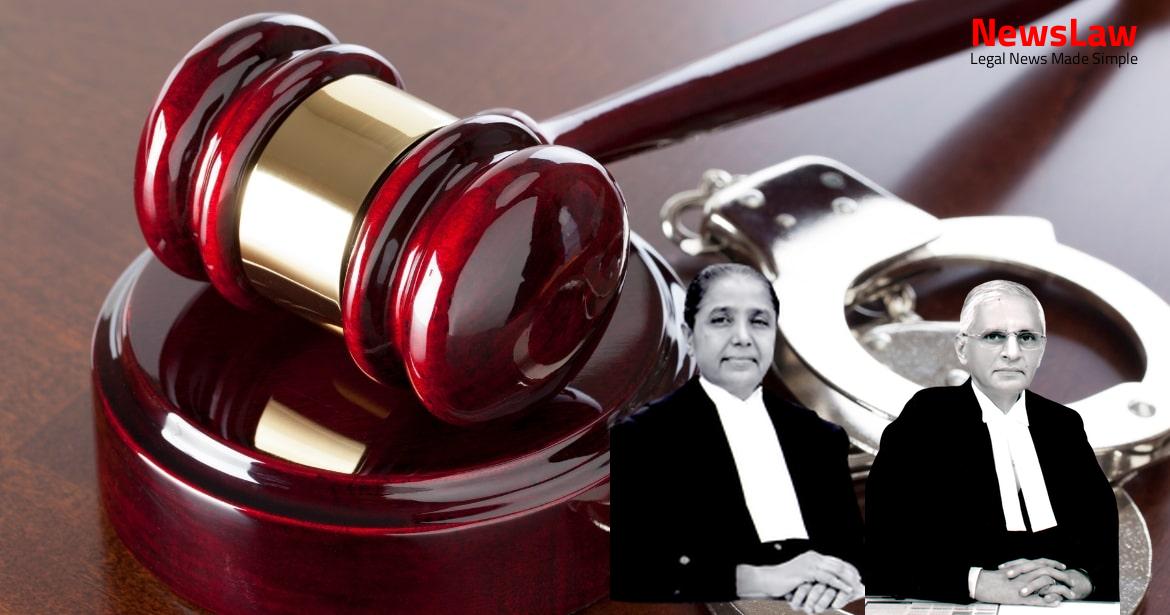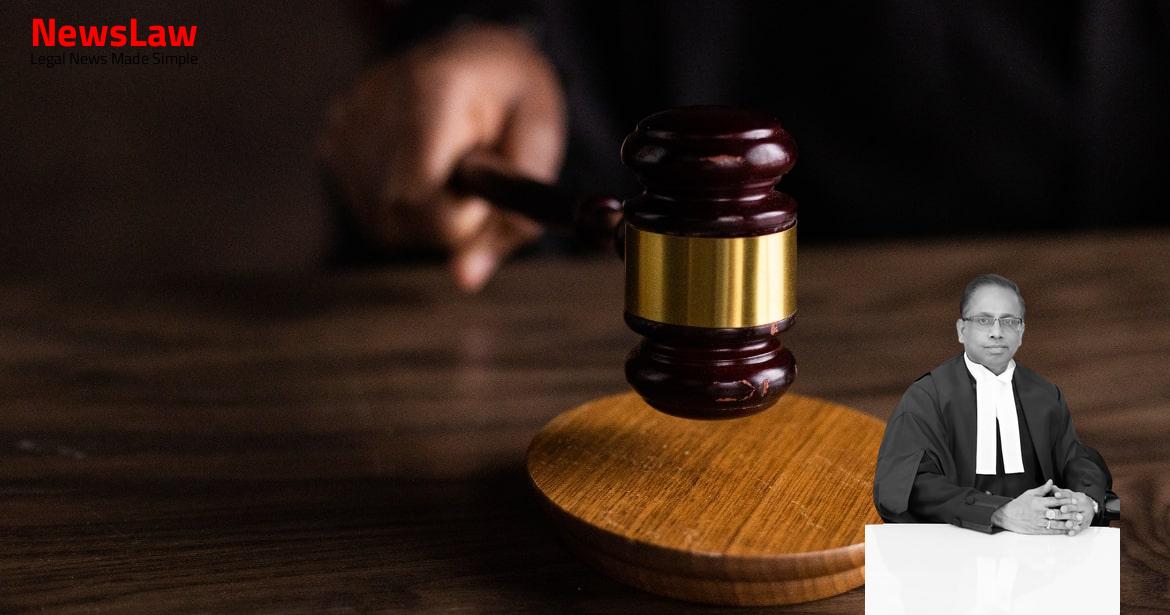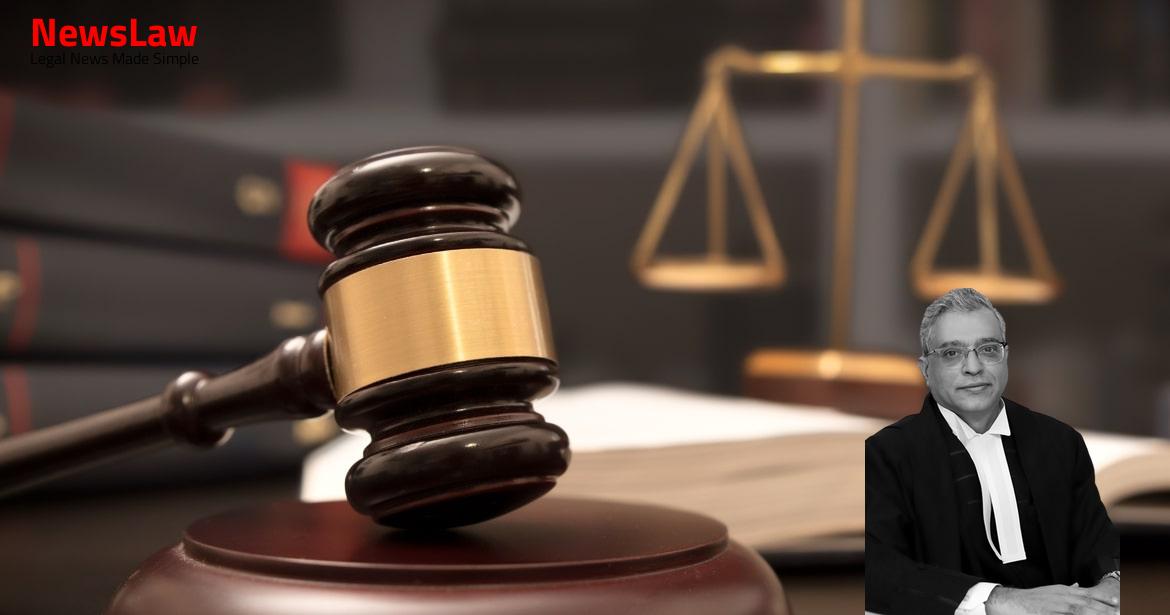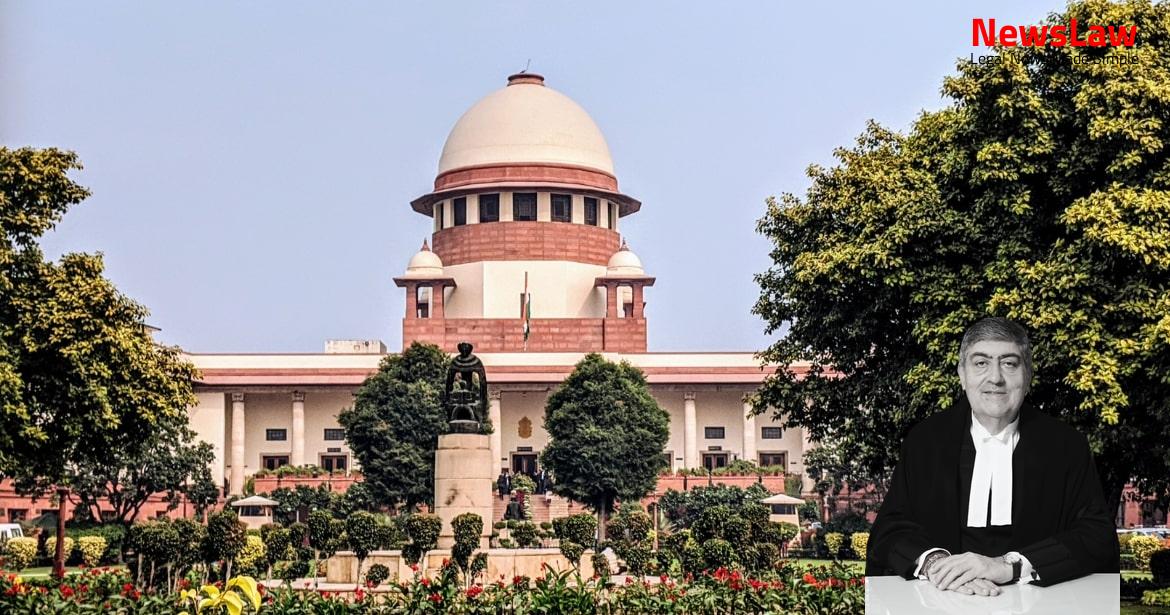In a significant legal ruling, the Supreme Court of India delivered a judgment concerning the reservation quota for differently abled candidates. The case involved considerations of the Persons with Disabilities Act, 1995 and the Rajasthan Judicial Service Rules, 2010. Learn more about the implications of this judgment on the recruitment of judicial officers. #SupremeCourt #LegalJudgment #DifferentlyAbled #ReservationQuota
Facts
- The petitioner appeared for the main examination and interview as a General category candidate without relying on the disability certificate.
- The marks obtained by all candidates were disclosed, with the petitioner securing 136 marks and placed at Serial No. 137.
- The private respondent initially applied as a General category candidate without indicating a claim under the Differently Abled Category.
- One applicant with 138 marks was at Serial No. 57 claiming under the Differently Abled Category with two vacancies for such persons.
- The result was declared on 15.11.2016, following which the private respondent requested consideration under the Differently Abled category on 28.11.2016.
- The request was denied, and the private respondent continued to be considered a General category candidate, having also appeared for the preliminary examination.
- Appellants issued a Notification for recruitment to Civil Judge-Cum-Judicial Magistrate posts.
- Private respondent did not apply for physically challenged vacancies but as a General Category candidate.
- Private respondent’s merit list position was lower in the General Category.
- Court directed consideration of private respondent for appointment to the reserved physically challenged vacancies.
- Only one vacancy for Differently Abled filled, while two were reserved.
Also Read: Solapur Municipal Corporation vs. Majarewadi Gram Panchayat Employees
Issue
- High Court applied the proposition of providing opportunity to Differently Abled Persons as per PWD Act.
- Issue pertains to appointment of Judicial Officer under Rajasthan Judicial Service Rules despite vacancy being filled.
- Evaluation of whether High Court’s direction was justified even though no application seeking benefit of reserved category was filed.
Arguments
- The High Court observed that the mistake made by the candidate in indicating the category as “General” should have been considered sympathetically.
- The High Court mentioned that the object of the Persons with Disabilities (Equal Opportunities, Protection of Rights and Full Participation) Act, 1995 should have been kept in view.
- The learned senior counsel for the private respondent argued that one post reserved for a differently abled person in the selection for the year 2016 should have been kept vacant according to Section 36 of the PWD Act.
- The High Court noted the provisions of the PWD Act emphasizing that vacancies should not be filled by any other category.
- The appellants operated Rule 10(4) of the Rajasthan Judicial Service Rules, 2010 but the legality of this action was questioned.
- The private respondent was allowed to appear in the physically handicapped category in an earlier examination due to her 80% disability.
- The claim of the private respondent for consideration under the category reserved for differently abled persons was not made, creating contradictions in her claim.
- Out of the vacancies reserved for differently abled persons, the second vacancy for a visually impaired person was filled by a more meritorious candidate from the General category.
- The private respondent’s detailed reference to the provisions of the PWD Act, 1995, including definitions and sections like 18 to 32, 33, and 36, was highlighted.
- The absence of evidence regarding the disability certificate being enclosed with the application or produced until the completion of the interview was noted.
- Citing a previous case, it was argued that the private respondent cannot make a contrary claim since there was no initial claim under the quota for the category of differently abled persons.
- The contention of the first respondent is not accepted.
- He has not applied for selection as a candidate entitled to reservation.
Also Read: Jagdishchandra v. Joint Charity Commissioner & Ors.
Analysis
- Applicant failed to mention physically handicapped category in the application form initially.
- Applicant claimed to be visually impaired in a representation made after the application.
- The nature of disability claimed by the applicant was debatable – locomotor disability or visual impairment.
- The employment opportunities for differently abled persons are to be provided as a matter of right when a case is made out.
- The applicant paid the examination fee for the general category despite claiming to be eligible for the disabled applicant fee.
- The Rules framed under the Constitution empowered the consideration of disabilities in recruitment without being under challenge.
- Applicant’s failure to produce the disability certificate along with the application led to consideration as a general candidate.
- The High Court’s direction for reservation consideration based on a later certificate was considered unjustified.
- The Rules governing reservation categories were operated as justified under the Constitution.
- A candidate’s classification once chosen cannot be altered later to avail reservation benefits.
- Mistake in indicating disability status in the application form raised issues regarding later claims for reservation.
- The eligibility for reservation benefits needed to be established at the earlier stages of examination to be considered valid.
- Not availing of benefits during the preliminary examination disqualified the candidate from seeking reservation benefits later.
- Specific exam fee structures were outlined based on different categories as per the notification.
- Governor of Rajasthan, in consultation with relevant bodies, has made rules for recruitment to Rajasthan Judicial Service.
- Rule 10(4) of Rajasthan Judicial Service Rules addresses reservation of posts for Persons with Disabilities.
- Section 36 of the PWD Act, 1995 states that vacancies not filled due to non-availability of a suitable person with disability may be carried forward.
- In cases where vacancies cannot be filled within a recruitment year, interchange of vacancies among three categories is allowed with appropriate Government approval.
- This case pertains to a selection process for the post of Civil Judge (Junior Division) in the Tamil Nadu Judicial Service.
- The Notification specified a percentage range of 40 to 50% for partial blindness and partial deafness for selection.
- A candidate challenged this criteria as their disability certificate indicated 70% disability.
- Section 33 of the PWD Act, 1995 does not allow for restrictions based on a specific percentage of disability.
- The restriction on disability in the Notification was challenged in the Madras High Court and eventually reached the Supreme Court.
- The Supreme Court deliberated on whether this restriction on disability violated the provisions of the PWD Act, 1995.
- In the case of (2013) 12 SCC 364, the claim was disallowed because the application indicated the category of reservation without producing the required certificate and paying the fee applicable to general candidates.
- Appellants acted in accordance with Rajasthan Judicial Service Rules, 2010.
- No other claim was available for appointment.
- Candidate from the other category was appointed as per rules.
- Disturbing the appointed candidate at this stage would not be justified.
Decision
- The order dated 04.05.2017 passed by the High Court was found to be unsustainable.
- The appeal was allowed with no order as to costs.
- All pending applications were disposed of as a result.
- The judgment of the Division Bench was set aside and the appeal was allowed.
Case Title: RAJASTHAN HIGH COURT JODHPUR Vs. NEETU HARSH
Case Number: C.A. No.-006696-006696 / 2019



